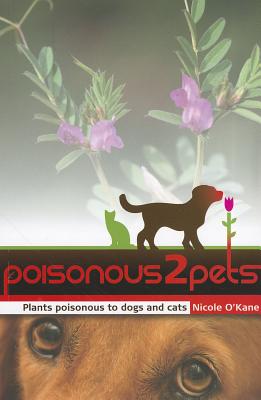Is the Snake Plant Poisonous to Pets? Understanding the Risks and Care Tips
Guide or Summary:Introduction to Snake PlantsUnderstanding Plant ToxicityIs the Snake Plant Poisonous to Pets?Signs of Snake Plant Poisoning in PetsPreventi……
Guide or Summary:
- Introduction to Snake Plants
- Understanding Plant Toxicity
- Is the Snake Plant Poisonous to Pets?
- Signs of Snake Plant Poisoning in Pets
- Preventing Access to Snake Plants
**Translation of "snake plant poisonous to pets":** Snake plant poisonous to pets
---
Introduction to Snake Plants
The snake plant, also known as Sansevieria or mother-in-law's tongue, is a popular houseplant known for its striking appearance and low maintenance requirements. With its tall, sword-like leaves that can vary in color from deep green to variegated patterns, the snake plant has become a favorite among indoor gardeners. However, if you are a pet owner, you might be wondering: is the snake plant poisonous to pets?
Understanding Plant Toxicity
When it comes to houseplants, not all are safe for our furry friends. Many common plants can be toxic to dogs and cats, leading to a range of health issues if ingested. The toxicity of a plant is often measured by the severity of symptoms it can cause in pets. In the case of the snake plant, it is essential to know that it is classified as mildly toxic to pets.
Is the Snake Plant Poisonous to Pets?
Yes, the snake plant is considered mildly poisonous to pets. The plant contains saponins, which are natural chemicals that can cause gastrointestinal upset in dogs and cats if ingested. Symptoms may include vomiting, diarrhea, and nausea. While these symptoms can be distressing for your pet, they are typically not life-threatening. However, it is crucial to monitor your pet closely if they have ingested any part of the snake plant.

Signs of Snake Plant Poisoning in Pets
If you suspect that your pet has ingested any part of the snake plant, keep an eye out for the following symptoms:
- Vomiting
- Diarrhea
- Lethargy

- Lack of appetite
If you notice any of these symptoms, it is advisable to consult your veterinarian for guidance. They may recommend bringing your pet in for an examination or monitoring them at home, depending on the severity of the symptoms.
Preventing Access to Snake Plants
As a responsible pet owner, it is essential to take precautions to prevent your pets from accessing snake plants. Here are some tips to keep your pets safe:
1. **Placement**: Keep your snake plants out of reach of curious pets. Consider placing them on high shelves or in rooms that are off-limits to your pets.

2. **Training**: Train your pets to avoid chewing on houseplants. Positive reinforcement techniques can be effective in teaching them to stay away from potentially harmful plants.
3. **Alternatives**: If you want to add greenery to your home but are concerned about the safety of your pets, consider non-toxic plant options such as spider plants, Boston ferns, or bamboo palms.
In summary, while the snake plant is a beautiful and low-maintenance addition to any home, it is essential for pet owners to be aware of its potential toxicity. The snake plant is mildly poisonous to pets, and ingestion can lead to gastrointestinal upset. By taking preventive measures and being vigilant, you can enjoy your snake plant while keeping your furry friends safe. If you have any concerns about your pet's health or behavior, do not hesitate to reach out to your veterinarian for advice and assistance.